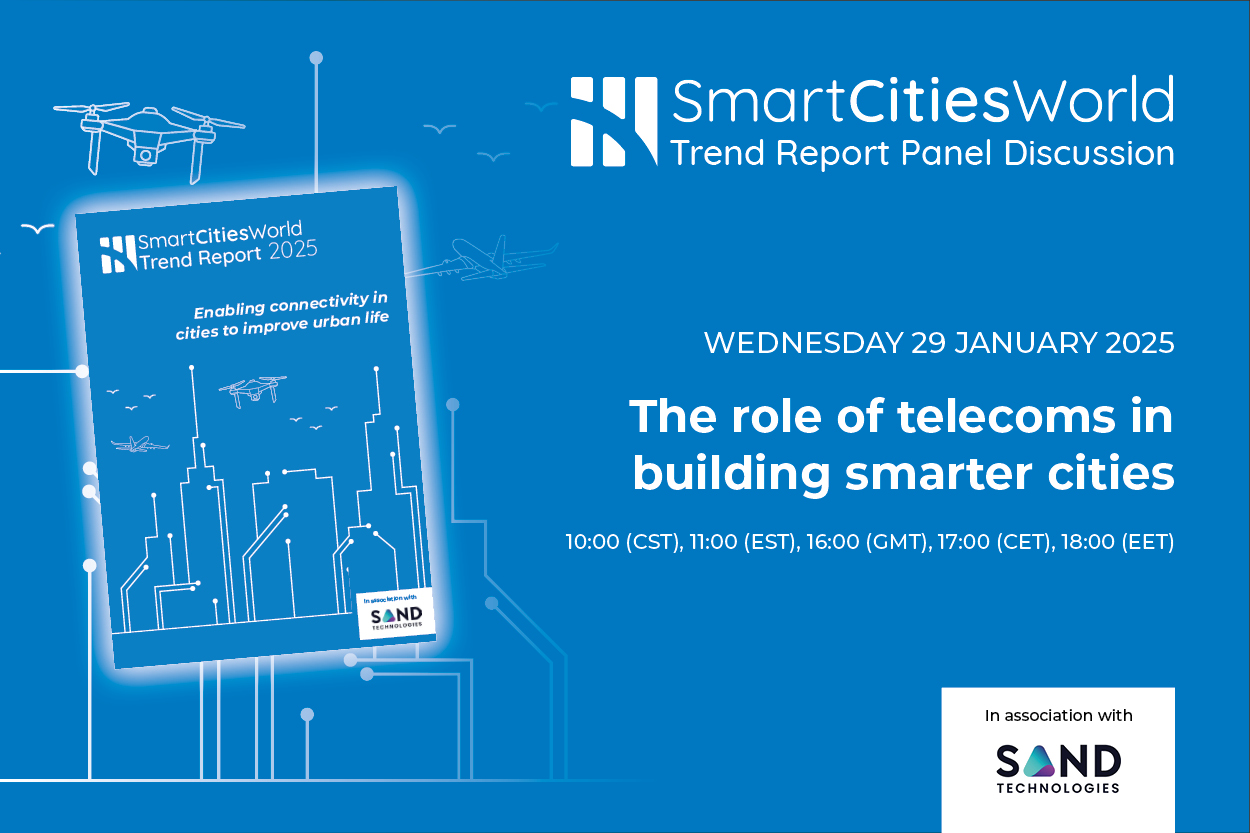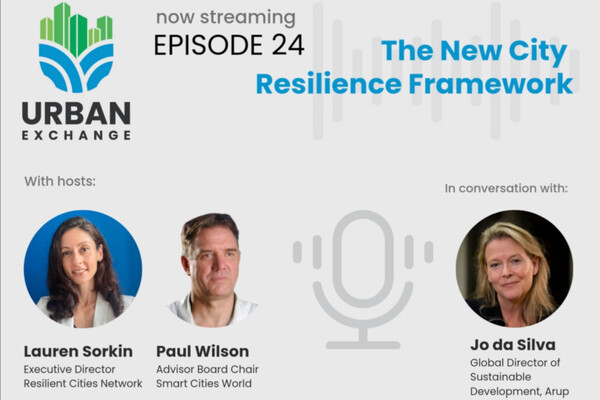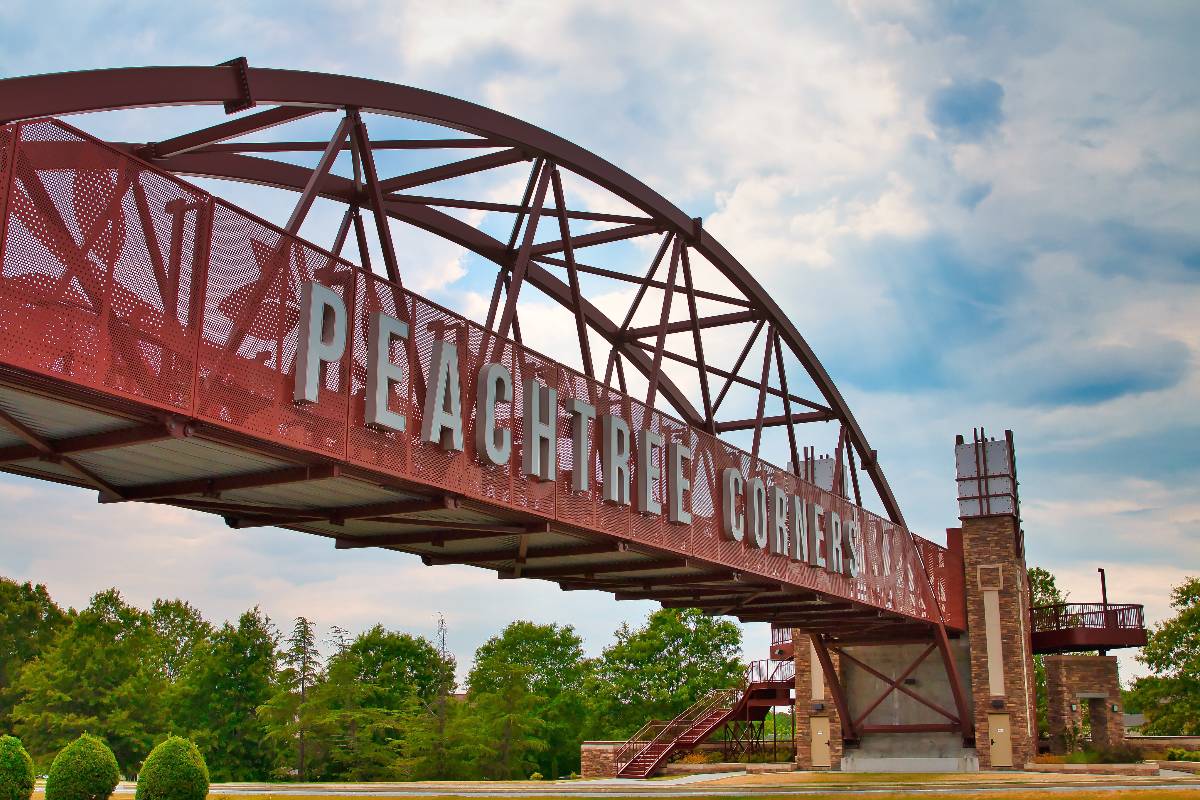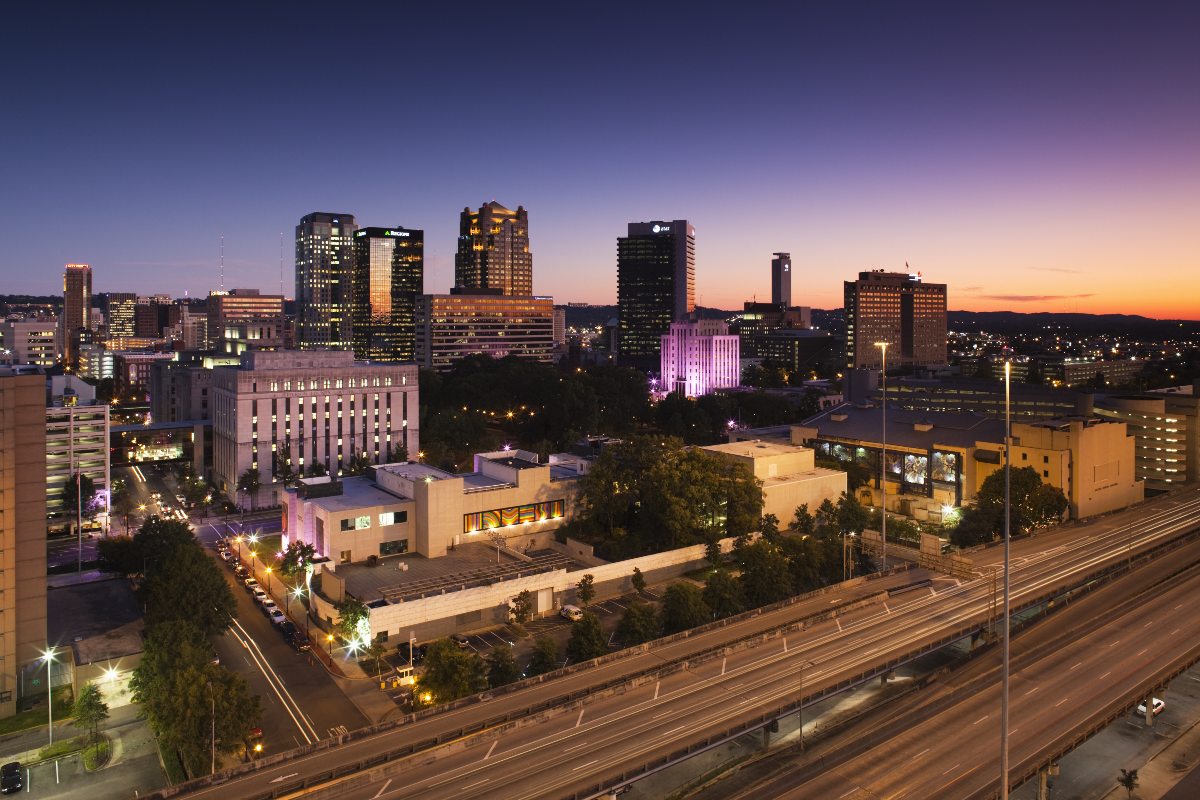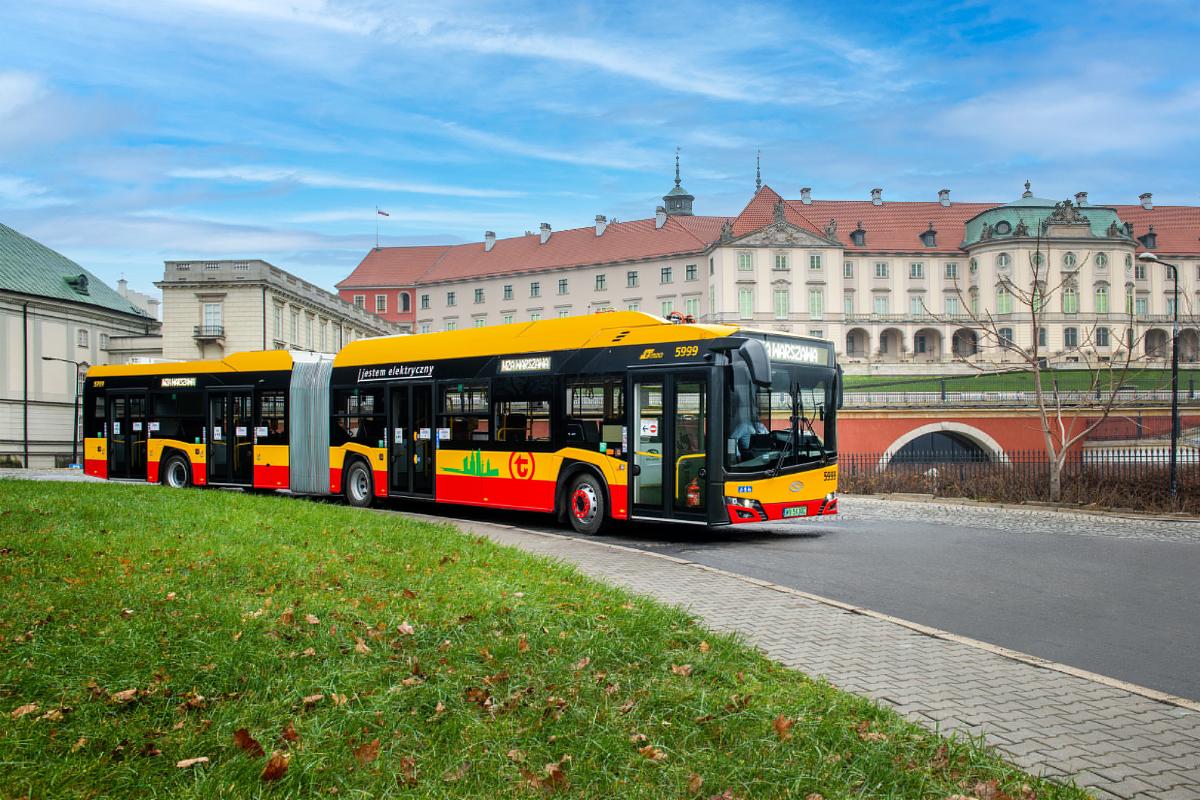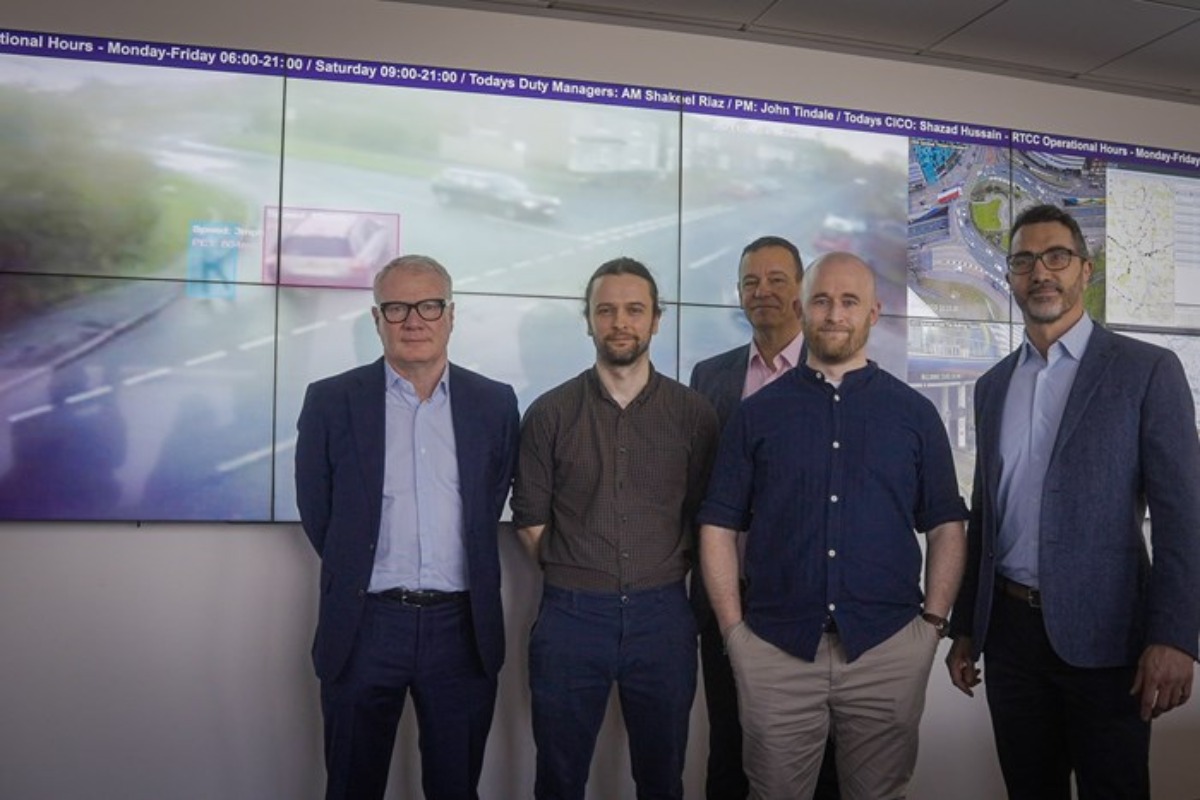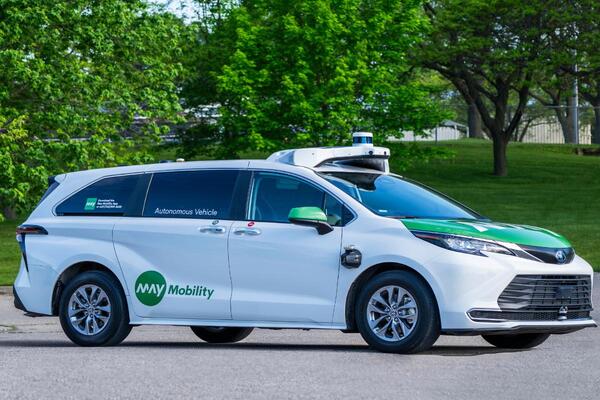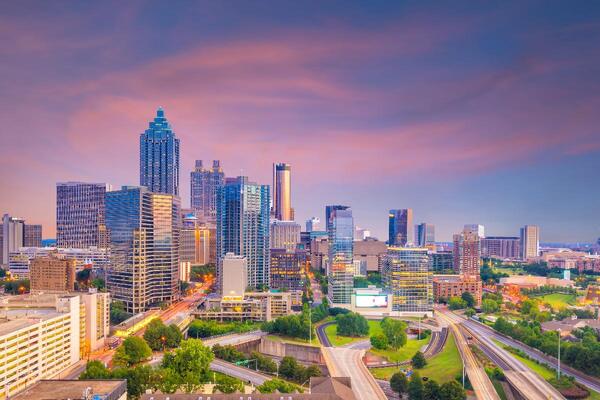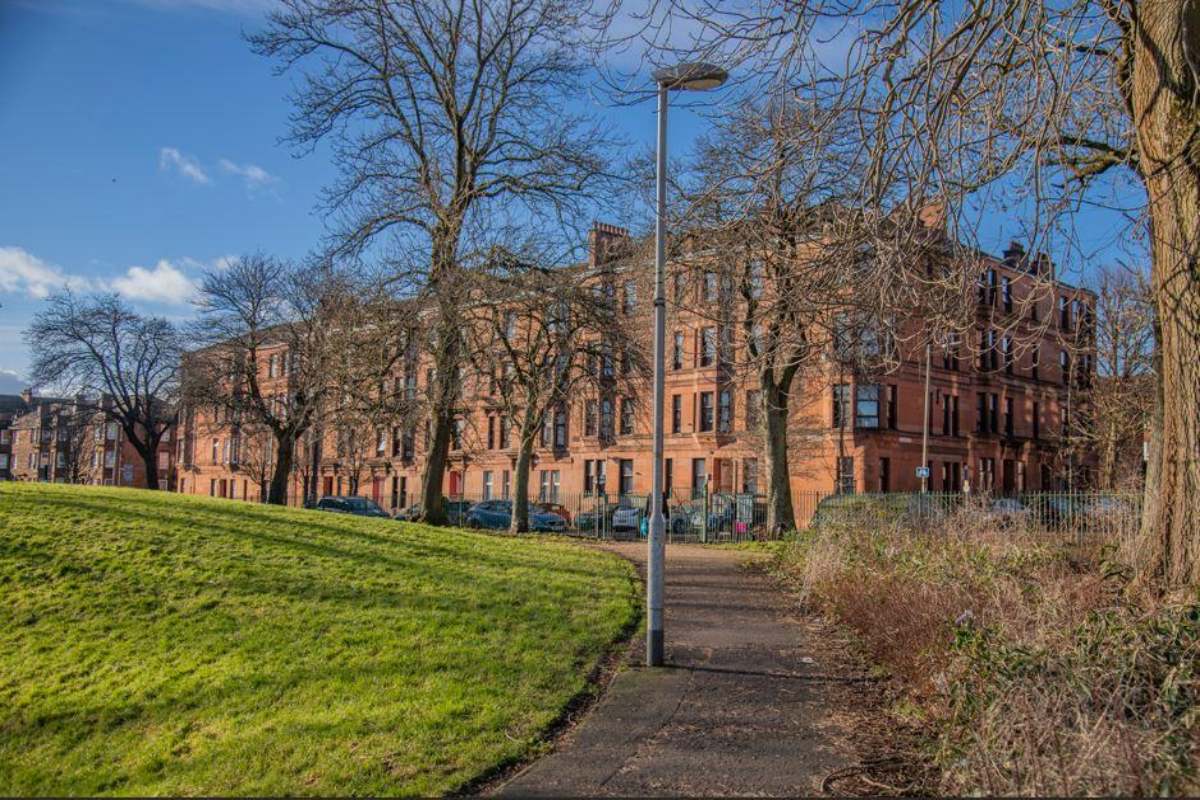Special Reports
SusHi Tech Tokyo 2024: experience ‘Tokyo 2050’ todaySponsored by The SusHi Tech Tokyo 2024 Showcase Program Executive Committee
How the holistic approach is central to the Covid-19 recovery
SmartCitiesWorld talks to Lauren Sorkin, acting executive director of the Global Resilient Cities Network, on how cities can rebuild post Covid-19.
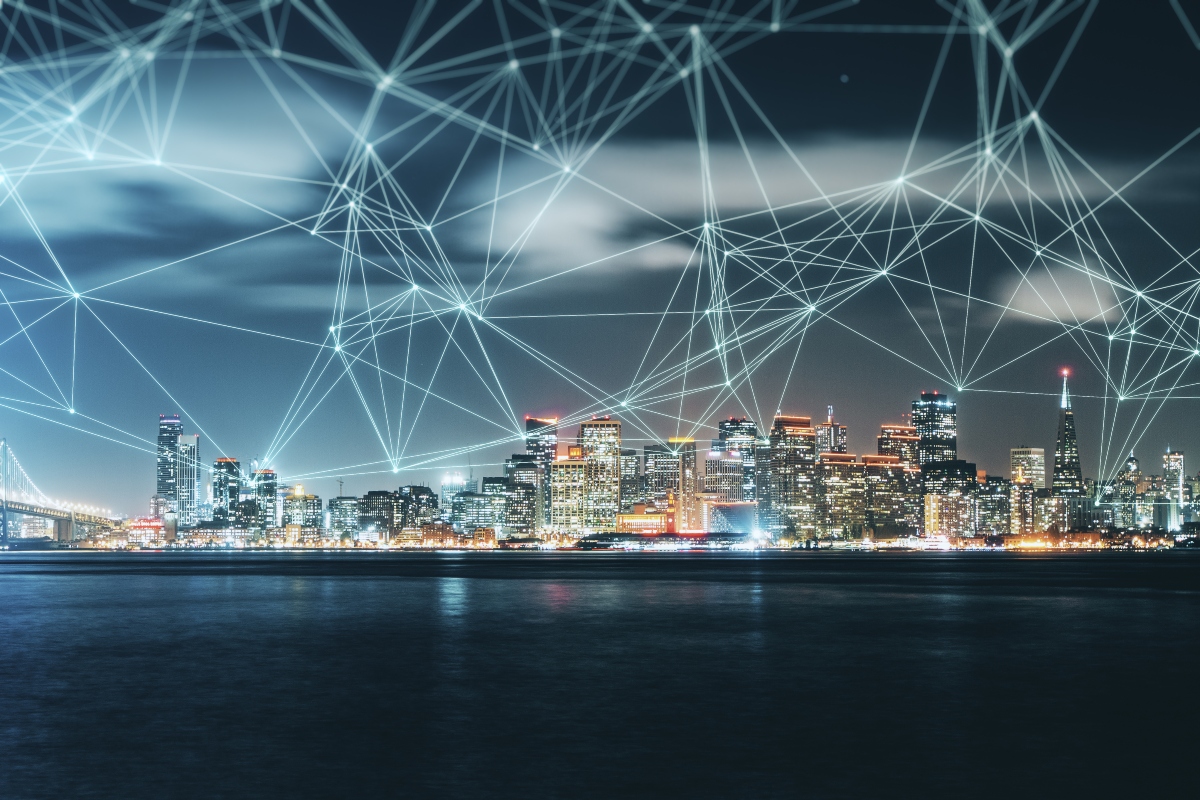
Coronavirus has presented the world with so much uncertainty in addition to the tragedy of hundreds of thousands of deaths: how can the global economy recover? What does social distancing mean for disparate industries, from hospitality to manufacturing to transport? Are healthcare networks fit for purpose anymore?
One thing that is certain is that cities need to be more resilient to account for the effects of any future shocks, whether from coronavirus, economic turmoil or further pandemics. And this is coupled with the day to day challenges that come from running a city, which have been further complicated by the coronavirus.
To give one example, take the upcoming summer in the northern hemisphere. How do you cool the houses of those self-isolating if they have no access to air-conditioning? Can you offer existing heat relief services – public drinking fountains and seating – in the era of social distancing and disinfection? How can you embark on heatwave outreach programmes if those self-isolating have little access/aptitude for technology? These questions scratch the surface and that’s just in relation to one area.
And the problems a city faces outside of the crisis have not disappeared. Brian Strong, chief resilience officer for San Francisco, told the New York Times the city is balancing the $5 billion cost of upgrading its sea wall with dealing with coronavirus. With a degree of understatement, he said: "I have not seen any projections of sea level rise slowing down as a result of the Covid crisis."
Resilient Recovery programme
Earlier this month, the Global Resilient Cities Network launched its Cities for a Resilient Recovery programme, which aims to help cities rebuild through access to data, planning tools and expertise from the public and private sector.
The network, which is supported by the Rockefeller Foundation and the World Bank, came out of the 100 Resilient Cities programme, which launched earlier this decade to help cities prepare for climate change and its impacts. However, this programme has been widened to all interested cities.
Lauren Sorkin, the network’s acting executive director, repeatedly uses the word “holistic” during our video call (the coronavirus era’s most fashionable way of communicating) and it’s no surprise given the interconnectivity of the issues cities face, whether pre-coronavirus or now. She says: “You’re hearing almost daily about different visions of what the new normal should be…We’re hearing about Covid and equity, Covid and climate, Covid and food security. And all of these are relevant. It’s not one or the other. Holistic urban resilience has been a practice that’s been saying that for many years...in order to make our cities safer, healthier, more sustainable, we actually have to take this holistic and opportunity-based approach.”
We didn’t want to replicate; we wanted to create something that was useful for cities
While the interconnectedness of cities can be an advantage in terms of knowledge sharing and discovering best practice (such as reports from Milan and Singapore), during a crisis such as coronavirus, that information can turn into a maelstrom of competing practices, challenges and strategies. Sorkin said one of the network’s first priorities was to develop a means of improving the signal to noise ratio.
She says: “That’s why we developed the knowledge tools and communities approach because there are zillions of websites out there...dedicated to cities and Covid-19. We didn’t want to replicate; we wanted to create something that was useful for cities. The differentiating factor we really heard was pairing knowledge with that peer-to-peer support, pairing it with that more active curation. And so that’s what we’ve done.”
Economic shocks
Countries are only starting to face up to the challenges of rebuilding their economies now that many of them have dealt with the first wave. Sorkin says it’s at the forefront of the network’s members’ minds; 89 per cent said it’s their biggest challenge. “Another related shock to that is this loss of revenue, so our cities are very clearly saying the same money that we would have had to borrow to do that climate resilience work, we’re now going to have to borrow to do Covid recovery work. That’s a real challenge; there are less resources available overall to do work that cities were planning to do to make themselves stronger.”
This sounds ominous for smart cities. If a city is at the start of its transformational journey, why would it continue to devote its resources to trialling technology at a time of unique business and citizen behaviour or deploying new services?
Sorkin says that while priorities may be different now, the crisis has actually driven cities to embrace digital services in a way they may not have done previously. She points to the state of Kentucky in the United States, which accelerated the shift of its mental health services online in the wake of the crisis. She says call waiting times and dropped call rates have been drastically reduced since doing so.
There are less resources to do work what cities were planning to make themselves stronger
She adds: "This kind of opportunity has really pushed cities to become more efficient and move more city services online. I think that’s where we’re going to see growth and that’s really exciting...It really humanises the smart cities discussion in perhaps ways that we weren’t doing before."
She also identifies smarter transport projects, focusing on the likes of bike lanes and greener networks, as one area on which cities will increasingly concentrate. She expects to see more following the lead of Paris and its "15 minute city" model, where citizens will be able to access all relevant services – work, shopping, health and culture – a short distance from their doorstep.
But ultimately this comes at the cost of something else. When GRCN recently polled its members, it found enhancing social equity (79 per cent), enhancing local economies (72 per cent) and developing new infrastructure and urban systems (45 per cent) were their three biggest priorities.
One European chief resilience officer was quoted in its Emerging Data report as saying: "There are real tensions here between social, community based recovery which has health and wellbeing outcomes at its core, and how we get our economy going really quickly." A North American officer said in the same report: "The emphasis here has been on the economic crisis. I am worried that we are missing out on opportunities to work on social and environmental crises."
What we are seeing already are different services making difficult choices
Sorkin describes herself as someone tending to focus on the positive, but she does identify larger scale projects with high levels of citizen density as those that will be rolled back, adding there is a concern that “innovative and exciting” projects may be affected.
She also says cities will need to be conscious of global open supply chains being interrupted, marring construction projects. "And then of course, there are the large-scale events related to that that may change. How do we rethink events? Tourism has become a big topic between a lot of the cities in our network; how do we rethink a tourism-based economy? How do we keep our gig workers engaged? What do we do in terms of keeping our stadiums and keeping our sports events and keeping our big arts and entertainment events profitable? That’s a big conversation.
"And to date, what we are seeing already are different services making difficult choices, whether it’s a museum that decides not to open or whether it’s the city like Tokyo that has to postpone the Olympics for a long period of time. Those have real investment implications."
Focused minds
Another complication of coronavirus is the regional differences it exposes in terms of recovery requirements. While cities around the world are unanimous in their need for data and funding, African and Latin America cities have told the GRCN they need political buy-in and time. Asian cities require stakeholder collaboration.
Sorkin anticipates that the health differences in cities in the world’s fastest growing countries in Africa, Asia, India and Southeast Asia will be brought into sharp contrast because of the implications of coronavirus. She says: "You need better water, you need sanitation services, those need to be available in ways that aren’t going to accelerate rates of infection.
"We need to have more conversations about...how we plan for those communities to get the services they need and to be able to access services that keep them healthy and safe. That is not necessarily just regional but has a stronger call in those faster developing cities in Asia and Africa."
In order to make our cities safer, healthier, more sustainable, we actually have to take this holistic and opportunity-based approach
The coming months will give an indication of the longer-term effects of coronavirus. In addition to the considerable economic impacts – the International Monetary Fund expects an at best three per cent contraction in the global economy this year – the picture will be clearer as to whether a vaccine is likely, or whether lockdowns will become the norm as numbers of those with the virus peaks and troughs.
As the picture becomes clearer, or the degree of uncertainty we will face becomes more certain, a new smart city model will emerge. Already we are seeing it taking shape, whether it’s Sydney and its spaces for safer travel, Pittsburgh airport’s fleet of autonomous cleaners, or even Singapore and its pack of robotic dogs to enforce social distancing.
Sorkin says coronavirus will force cities to have even greater focus on what they need; discovering "the non-negotiables about the future of our city", as she puts it. She says she hopes cities will draw upon a wider coalition of businesses, academics and citizens to spearhead projects. If they do so, she says "we’re going to see this crop of projects that have made our cities more efficient with digital services, that have expanded our appreciation for the kind of mix of indoor and outdoor spaces that allow us to be safer, and that have crowded in these values, equity, climate resilience, and strong local economies".
You might also like:

